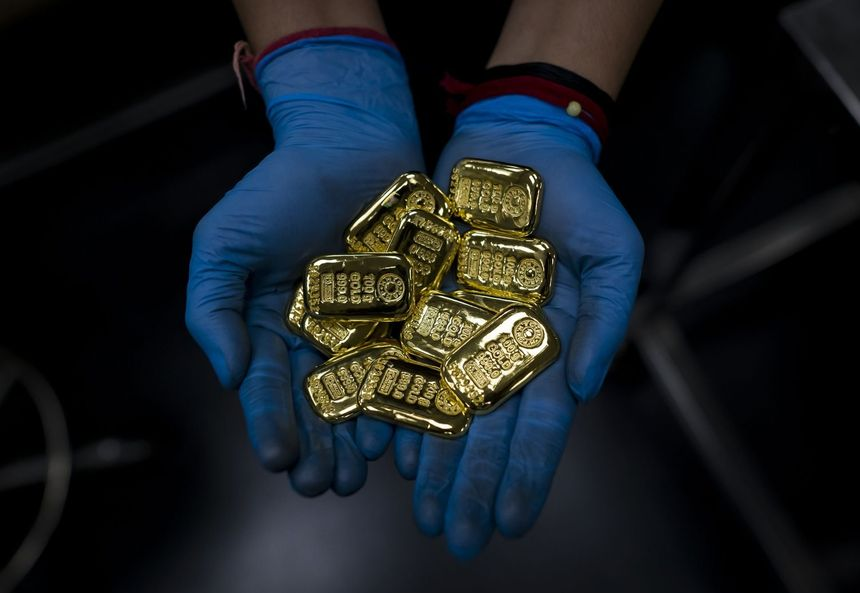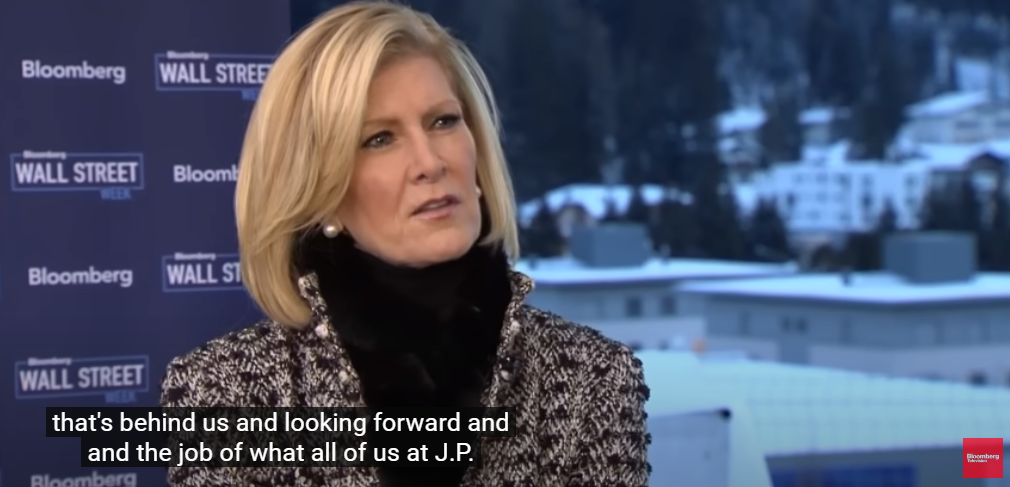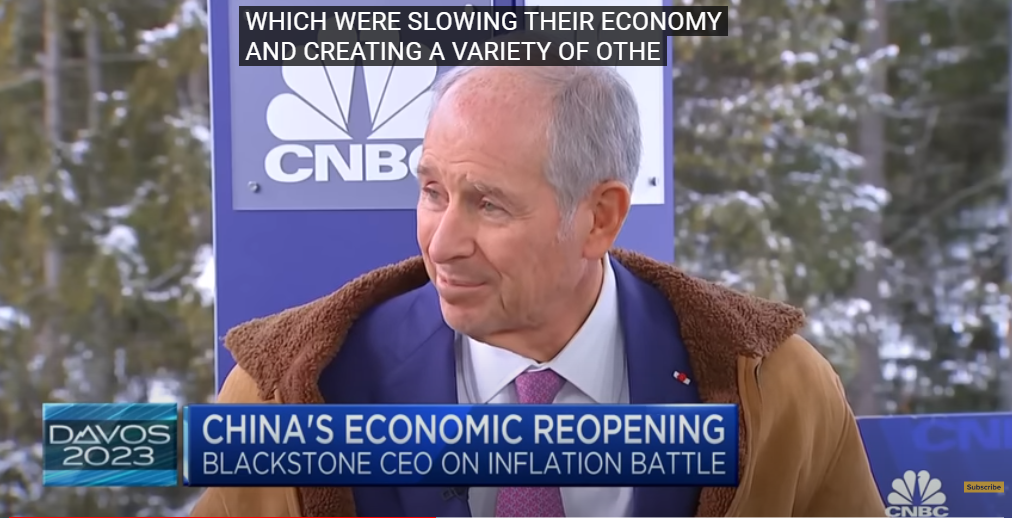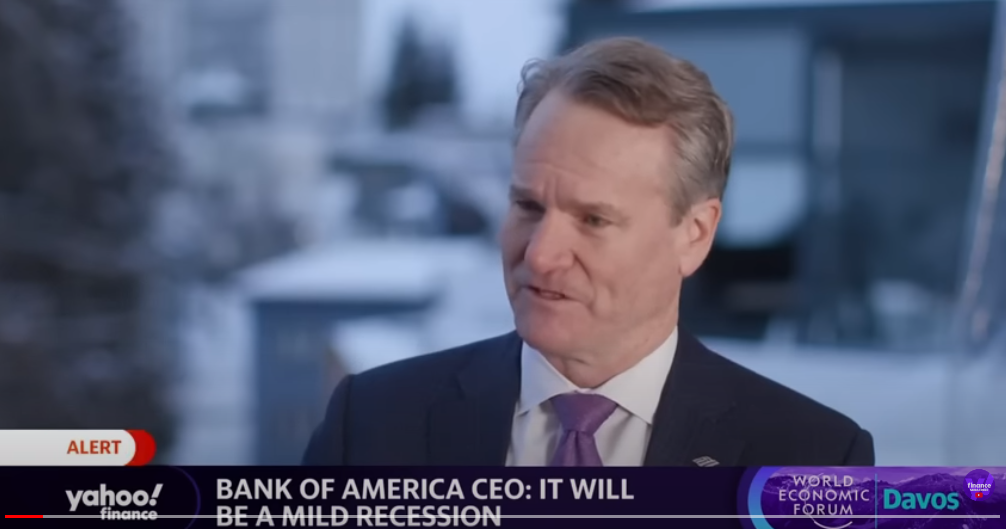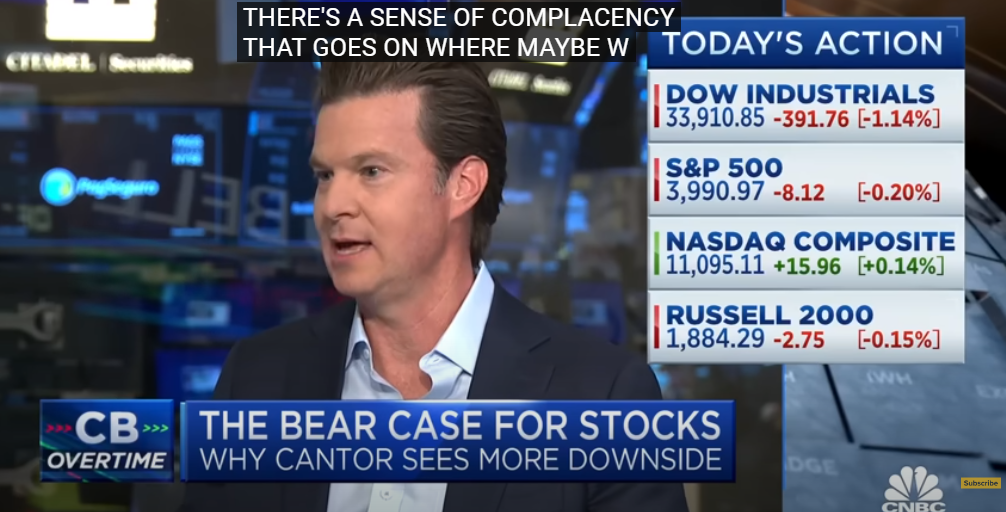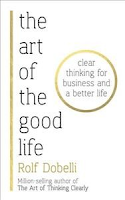1. Do I think this company is highly likely to be a bigger, more profitable enterprise in 10 years?
2. Do I know this company's business model well enough to explain it to a 10-year-old?
3. Am I comfortable putting at least 20% of my entire net worth into this stock?
If you can answer "yes" to all three questions, congratulations... You are well on your way to identifying a wonderful long-term investment.
Now, to be clear, I am NOT recommending that you actually put 20% of your worth into your next stock purchase. But I AM suggesting that you use these heightened thresholds to add incremental discipline to your investment decisions.
You need to… believe in the business’s growth prospects… truly understand what makes the business tick… and have conviction enough in the attractiveness of the investment opportunity that you’d be willing to bet BIG if you had to.
Your capital is precious. It demands high standards.
~ Austin Root, LinkedIn post, January 24, 2023






.JPG)



